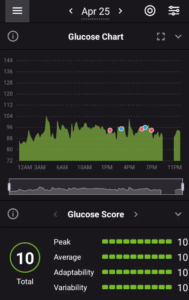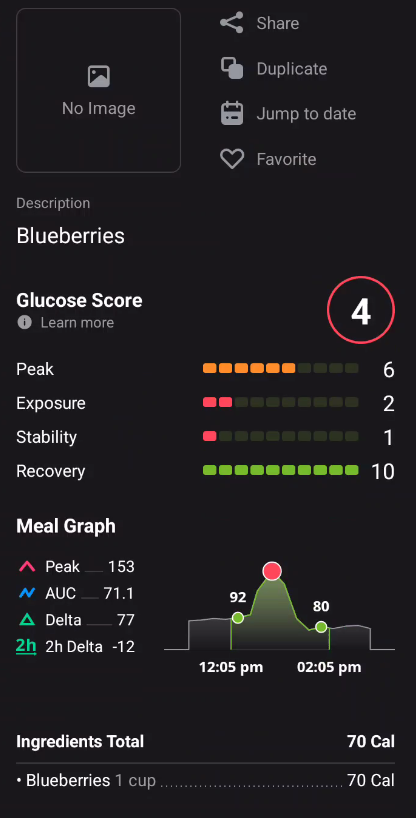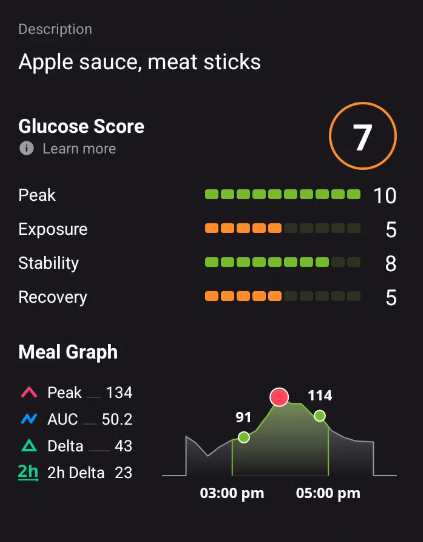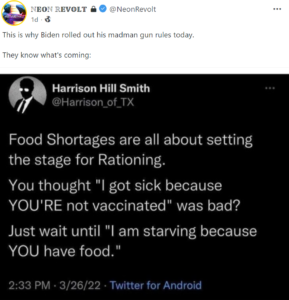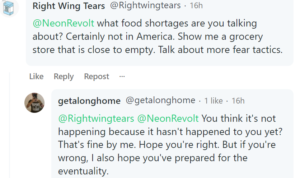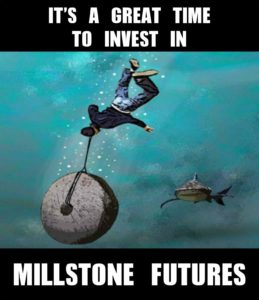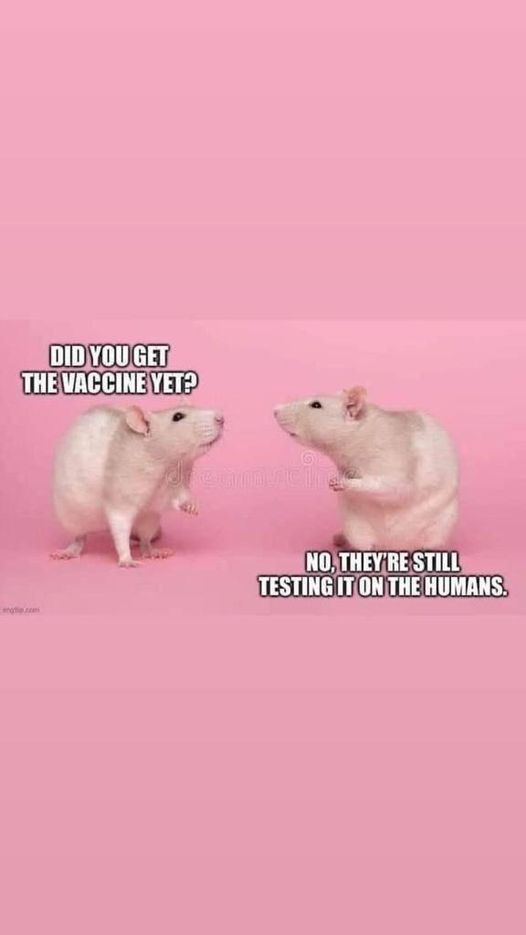My life’s comedic timing is perfect.
So, I’m standing here in my kitchen. I’ve just put some suet in my beautiful new 8-quart slow cooker to render down into tallow. Since I’m here, and already coated in glorious grass-fed beef fat from stem to stern, I figure I might as well pack some gel capsules with raw beef suet as well. By the way, those are vegetarian capsules. It says so right there on the bag, as if that were a selling point. I’ll explain why and how I do this strange thing in another post. The point is, I am at this moment doing the most medically scandalous thing a body can do, short of joining Hunter in hitting one of his Daddy’s free crackpipes while consuming said raw beef suet.

Spotted in the wild
And the phone rings.
I: Hello?
She: Hello, this is Such-and-such with your doctor’s office. How are you doing today?
I: Hi there! You tell me: How am I doing today?
She: Well, we got your labs back, and your thyroid and HBA1C look great.
I, waiting for the other shoe to drop, because I already know about this shoe. It’s an old, worn out shoe: Good. And?
She: Your cholesterol doesn’t look so good. She (the doctor) says your good cholesterol is high, which is good, but your bad cholesterol is very high, which is bad. She wants you to back off on saturated fats, eat more vegetables and less meat, and get more exercise.
I, grinning and trying not to actually LOL: OK, can you give me the numbers?
See what I mean about my life’s comedic timing? Here I am, deliberately and with wanton disregard for the opinion of Man, packing pills with saturated fat, and my doctor calls me to tell me to KNOCK THAT OFF RIGHT NOW!
I won’t bore you with the rest of the call, Patient Reader, but after the kind receptionist gladly gave me my scary number, I did manage to wring the other, unimportant numbers out of her, as well. Are you ready for these numbers, my friends? Here they are:
- Total cholesterol: 315
- LDL (not bad, just misunderstood): 211
- HDL (The OTHER good cholesterol): 97
- Triglycerides: 55 (I’ve seen this as low as 37, and I feel a little cheated today. Probably elevated due to stress from rushing out early for the blood-draw. But this is still a very good trig/hdl ratio of about .56)
- VLDL (The actually bad particle): A perfectly relaxing 7.
Now, none of this was a surprise to me, because I got my own bloodwork done in much greater detail, through Own Your Labs just a month ago. I’m way geekier about my health than my doctor is. I wanted more information than my insurance is willing to pay for, so I have a lot of other great numbers to show, off, too! I’m a textbook example of an (I do believe healthy) phenotype known as a Lean Mass Hyper-responder. I am both fit and slender, and of what is traditionally understood as a “risky” cholesterol profile. In fact, the only number that got flagged in my entire comprehensive panel was my LDL–a paltry 151 at the time, due, I think, to a cold I’d been fighting off. That’s quite low for me. Did you know those terrifying little particles are a vital part of your immune system?
While I find conventional medicine to be very useful for many things, evaluating and ameliorating heart disease risk is not one of them. Hormone replacement, trauma and acute care, and antibiotics are all things for which I am very grateful. But you don’t care about my opinion of western medicine right now, do you?
What you care about, I’m sure, is that I’m going to die of a heart attack and need to get on some statins, STAT. In fact, by the time I hit publish, the ambulance should be on its way. I just called them, to be on the safe side.
Don’t hold your breath, veggie lovers. I intend to outlive you all.
I am not remotely interested in explaining the intricacies of lipids to a general audience. I don’t have time. Besides, you might be convinced to go carnivore, and I really don’t want you to start competing with me for meat at its current price. I’m not giving you a complete run-down, or even trying to convince you of my way of thinking about this. I will, however, give you a few clues to aid you in your quest for truth as you come to realize what many, many people are catching on to of late: The science–the actual science, and not the pharmaceutical industry’s “studies”–should at least awaken you to the possibility, that the saturated-fat-heart-disease paradigm is ass-backwards and hopelessly lost.
Saturated fat intake doesn’t appear to have much to do with LDL levels.
Saturated fat intake is not associated with all-cause mortality.
People with high LDL outlive people with low LDL.
Replacing saturated animal fats with vegetable oils is associated with higher risk of heart events, even though it does lower serum cholesterol levels. (There’s an apparent paradox between this one and the first study I listed, which I can explain, but won’t.)
That will be enough to get you started. You may also enjoy this very layperson-accessible lecture by Dr. Paul Mason about why doctors still believe such insane things about cholesterol.
My doctor wants to see me again in six months, after I’ve behaved myself with the meat and exercise for a while. (By the way, I exercise like a beast at least five days a week. I have the abs to prove it. It’s a testament to the inadequate intimacy of the doctor-patient relationship in times of telemedicine due to “covid” that she doesn’t know this. She hasn’t actually touched me in a couple of years.) If my One Number doesn’t look any better, she will try to prescribe me a statin, I’m sure. Now, I have some choices to make, and I’m not sure which direction I should go.
I could attempt to educate my doctor on the facts of the matter. I’ve wasted my time like this before, printing out reams of studies in which the doctor was (surprise!) not interested. I fired that doctor, naturally. But the gal I’m seeing right now is super-smart, and she might just be interested. Then again, she might be primarily interested in continuing to collect her paycheck, which cholesterol-hypothesis skeptics tend to have a harder time doing in this system. I could also bring to her the results of my CAC scan (the one I keep putting off) and at least convince her that my arteries at least don’t appear to be harmed yet. There are lots of things I could show to an open-minded person to get a conversation started.
Alternatively, I could ghost myself and not show up for the next lab-work, instead choosing to wait until I have another thyroid check, and evade that topic yet again. Honestly, this is my usual course of action.
Or, I could game my numbers, doing nobody much good at all, but at least getting it on the insurance record that my cholesterol numbers are “healthy”. Funnily enough, all I’d have to do is eat a bunch of carbs for a few days before my labs and I’d look like the healthiest patient you ever saw. There would be enough immediate downsides to this that I doubt I’d ever attempt it. But it would look better for insurance purposes, for sure.
What do you think I should do? We can talk about this on Gab, MeWe, or SG, my current social media hangouts.

